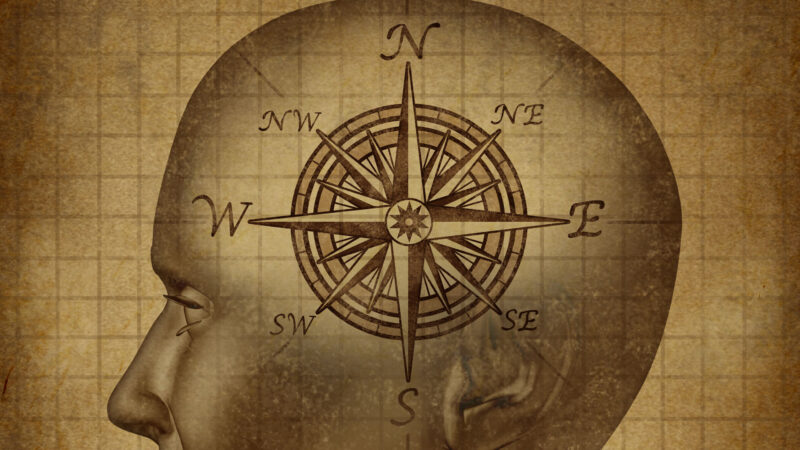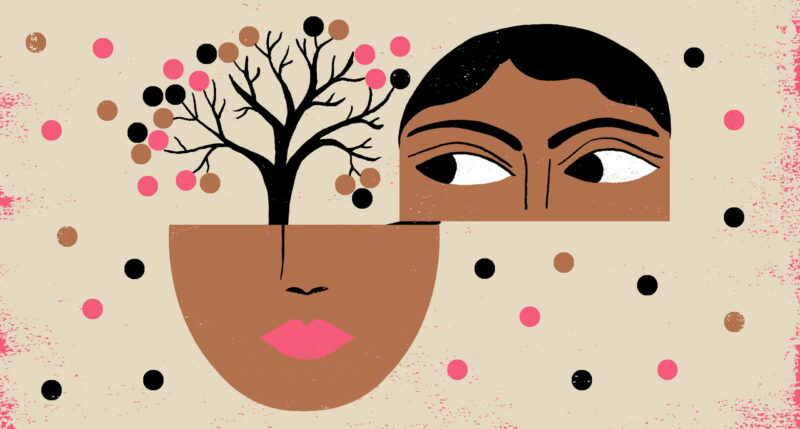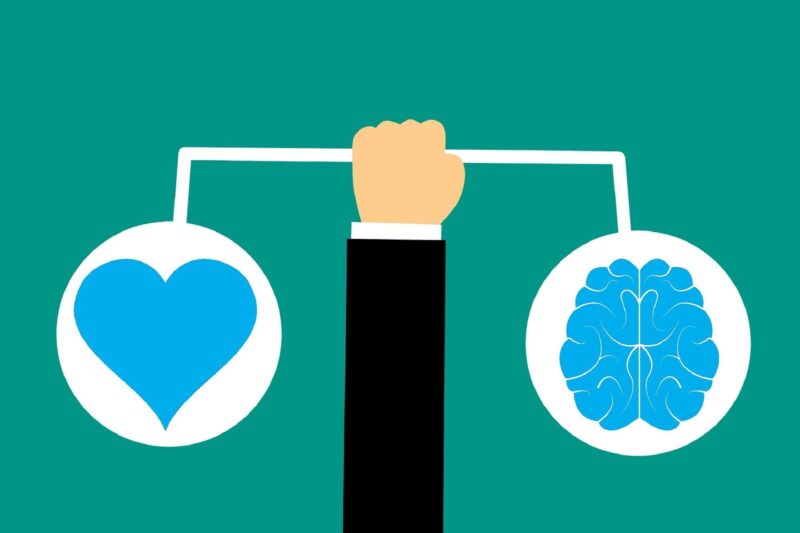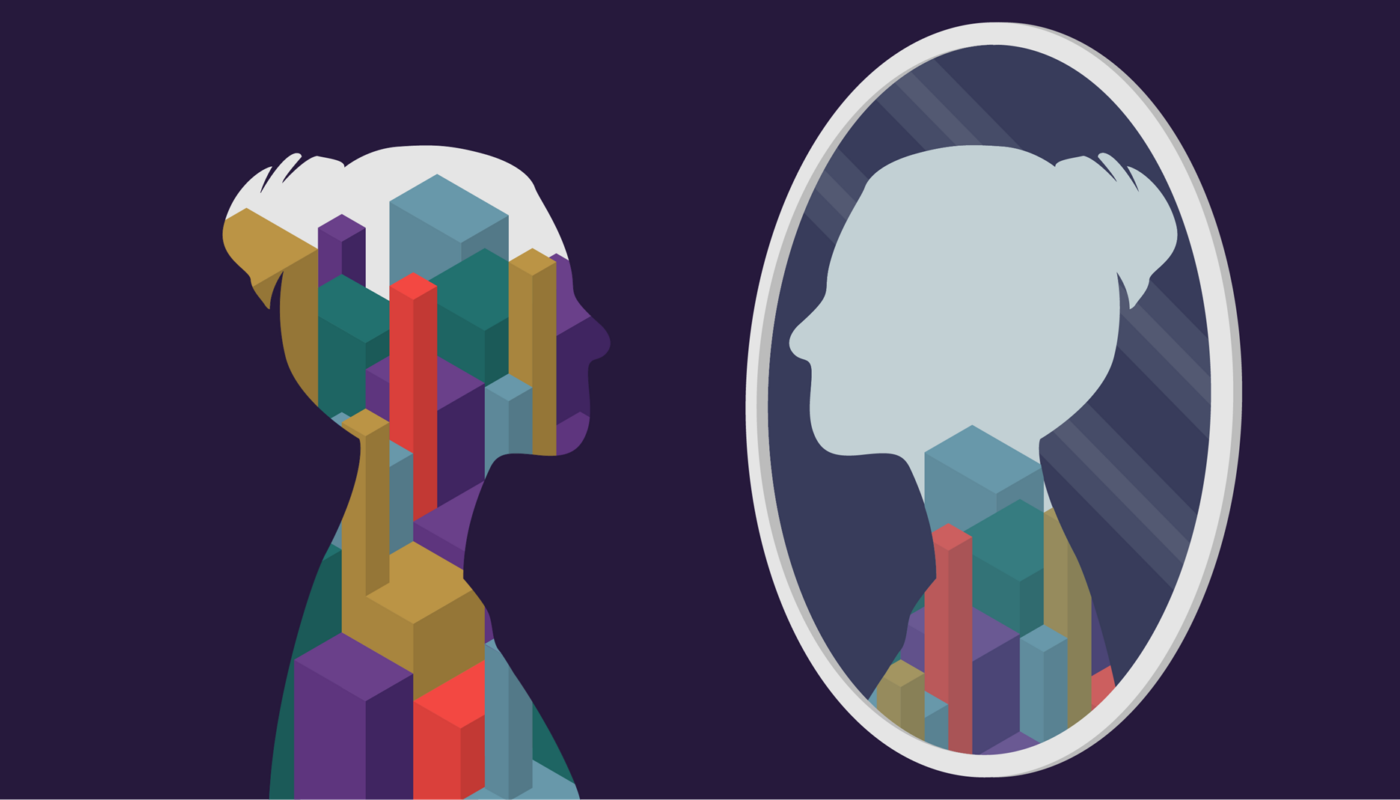The concept of self-reflection has been central to philosophy, psychology, and spirituality. By looking inward and examining our own thoughts, feelings, and actions, we can gain a deeper understanding of ourselves and our place in the world. In this exploration, moral alignment stands out as a pivotal element. It refers to how our values and ethics are aligned with our actions and the wider world. Through self-reflection, we can assess and possibly realign our moral compass.
Page Contents
Delving Into Types Of Quizzes For Self-Reflection
The modern era has brought a plethora of tools to facilitate self-reflection. Among these, quizzes have become particularly popular for their convenience and accessibility. They allow individuals to gain insights into various aspects of their personality and behavior. Among the various quizzes available, moral alignment quizzes, personality tests, and values assessments are particularly noteworthy.
Moral Alignment Quizzes: Discovering Your Ethical Compass

Moral alignment quizzes are aimed at uncovering an individual’s core ethical beliefs and values. They delve into moral dilemmas and scenarios that test one’s ethical standpoint. These quizzes are often inspired by moral frameworks from literature and philosophy, such as the D&D alignment system which categorizes ethical and moral dispositions into lawful, chaotic, good, or evil.
Through a series of questions, individuals can identify their moral alignment and reflect on whether their actions and beliefs are in sync. Recognizing any misalignment can be the first step toward realigning personal values with actions, fostering more authentic and meaningful living.
Personality Tests: Unearthing Intrinsic Traits
Personality tests such as the Myers-Briggs Type Indicator (MBTI) or the Big Five Personality Traits offer insights into an individual’s inherent personality characteristics. These tests can help one understand how they typically respond to different situations and how their actions might be perceived by others. This information is invaluable for self-reflection, as it allows individuals to recognize their strengths and weaknesses. By understanding one’s personality, it becomes easier to develop strategies for personal growth and make choices that are congruent with one’s character.
Values Assessments: Defining What Matters Most
Values assessments focus on identifying what is most important to an individual. These assessments can range from identifying top priorities in life such as family, career, or personal development, to more specific values like honesty, loyalty, or creativity. By understanding what values are most important, individuals can make decisions that are aligned with these values. When actions and decisions reflect personal values, a sense of fulfillment and purpose can be achieved, strengthening the moral fabric of one’s life.
The Convergence Of Moral Alignment And Personal Identity

Once we have explored our moral alignment, personality traits, and values, we are equipped with the knowledge to examine how these elements converge to form our personal identity. The relationship between moral alignment and personal identity is complex and multifaceted, influenced by individual experiences and societal norms.
Forming A Coherent Self-Image
Through self-reflection and the insights gained from quizzes and assessments, individuals can begin to form a coherent self-image. This is a mental representation of who they are, including their traits, values, and moral alignment. A coherent self-image is essential for psychological well-being as it provides a stable foundation for making decisions and interacting with the world.
Navigating Social Interactions

Our moral alignment and personal identity also play a crucial role in how we navigate social interactions. When our actions are in harmony with our moral beliefs and values, it is easier to establish authentic relationships with others. Conversely, if there is a misalignment, it can lead to conflicts and misunderstandings. Being aware of our moral alignment empowers us to communicate more effectively and build relationships that are based on mutual respect and understanding.
The Influence Of Society And Culture
It’s important to recognize that personal identity and moral alignment do not exist in a vacuum; they are shaped by the society and culture in which we live. Societal norms and cultural values can influence our moral compass. Through continuous self-reflection, individuals can discern whether their moral alignment is a true reflection of their beliefs or if it has been unduly influenced by external factors.
Harnessing Self-Reflection For Moral Growth And Development
Having understood the importance of moral alignment in the context of personal identity, it is vital to consider how one can harness the power of self-reflection for continuous moral growth and development.
Fostering Emotional Intelligence

One of the benefits of self-reflection is the development of emotional intelligence. By understanding our values and moral alignment, we become more attuned to our emotions and how they impact our decision-making. This awareness can enhance empathy, improve relationships, and contribute to more ethically sound decisions.
Creating Meaning And Purpose
Self-reflection enables individuals to align their actions with their values and moral beliefs, which is key to creating meaning and purpose in life. When one’s life is guided by a clear set of values and ethics, it provides a sense of direction and fulfillment.
Commitment To Continuous Improvement
Lastly, embracing self-reflection as a lifelong practice is essential for moral growth. Our values and circumstances may change over time, and continuous self-reflection ensures that we remain adaptable and committed to personal and moral development.
Closing Remarks
The power of self-reflection in discerning and fine-tuning moral alignment cannot be understated. Through a variety of quizzes, individuals can unlock insights into their ethical compass, intrinsic traits, and core values. This self-knowledge is pivotal in forming a coherent self-image, which acts as the bedrock of our interactions and decisions. Notably, our moral alignment doesn’t operate in isolation; it is interwoven with societal norms and culture.
By utilizing self-reflection, we foster emotional intelligence, cultivate meaning and purpose in our lives, and commit to a journey of continuous improvement. In an ever-evolving world, keeping our moral compass attuned through self-reflection is not only beneficial for personal growth but is indispensable in contributing positively to society and leading a life that is true to our values and principles.






